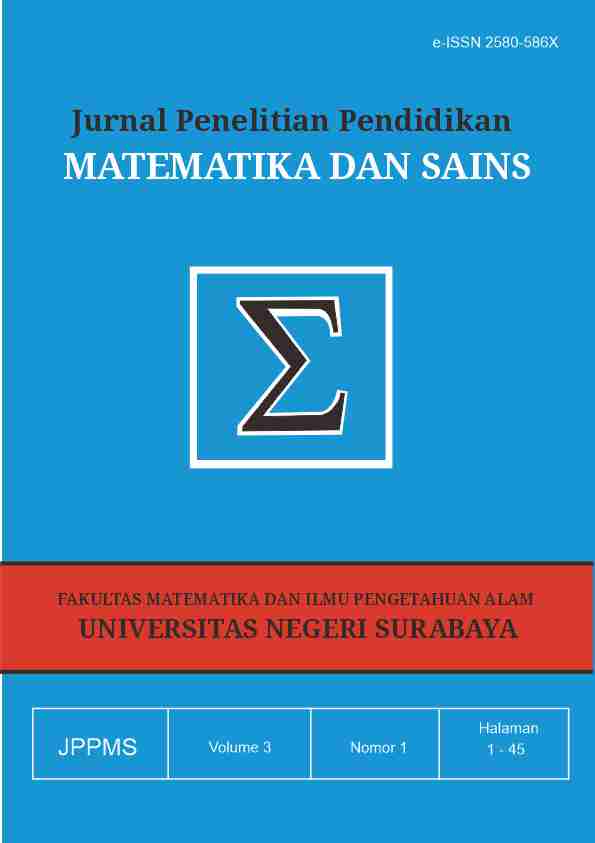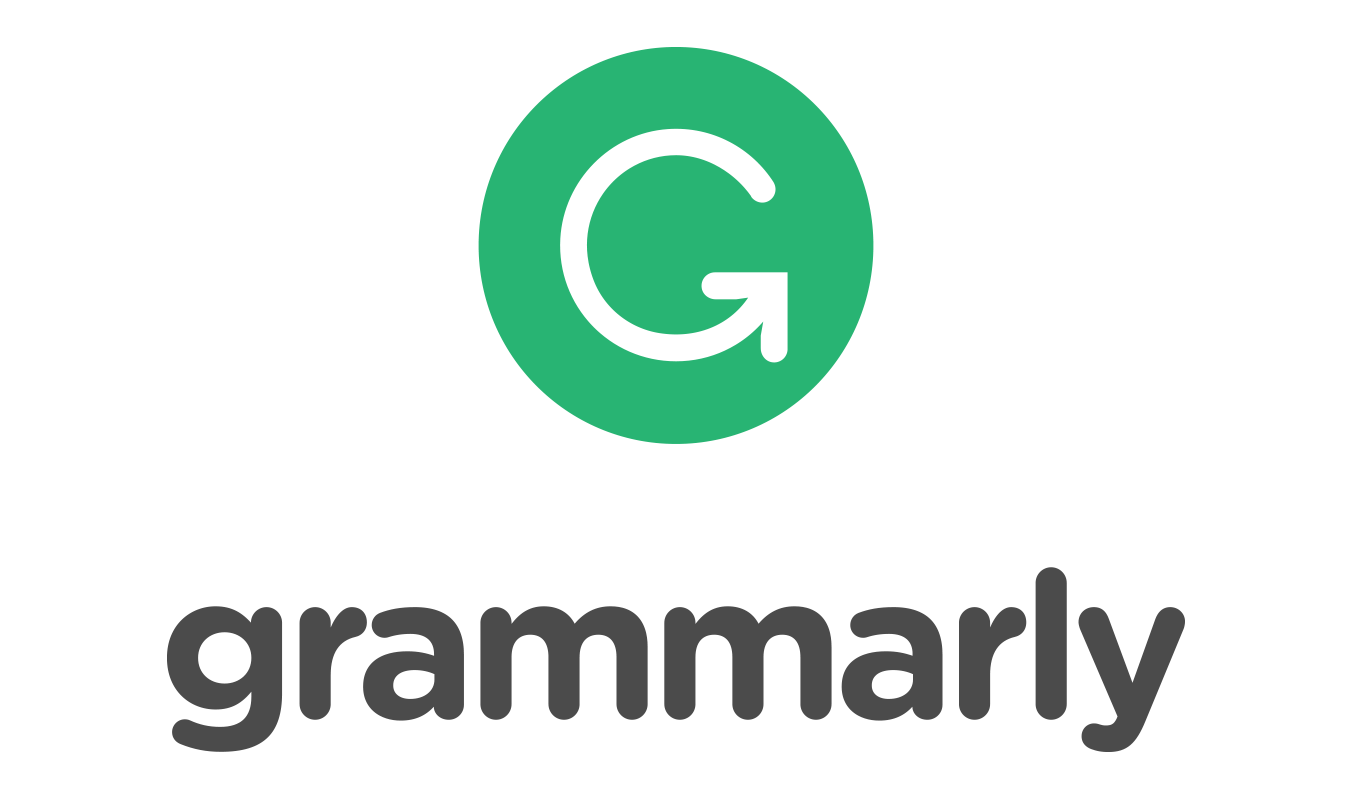PROFIL BERPIKIR REFLEKTIF SISWA SMA DALAM MEMECAHKAN MASALAH MATEMATIKA DITINJAU DARI KECERDASAN LOGIS-MATEMATIS
DOI:
https://doi.org/10.26740/jppms.v4n2.p61-71Abstract
Berpikir reflektif merupakan salah satu bagian dari berpikir tingkat tinggi. Tahapan berpikir reflektif menurut Rodgers terdiri atas tahap presence to experience, tahap description of experience, tahap analysis of experience, dan tahap intelligent action/experimentation. Berpikir reflektif berperan penting sebagai sarana untuk mendorong pemikiran siswa dalam situasi pemecahan masalah. Salah satu bentuk masalah matematika adalah soal cerita. Proses berpikir reflektif siswa dalam memecahkan soal cerita dipengaruhi oleh banyak faktor, salah satunya adalah kecerdasan logis-matematis. Kecerdasan logis-matematis dapat diukur dengan Angket Kecerdasan Majemuk dan dikelompokkan menjadi tiga kelompok, yaitu kecerdasan logis-matematis tinggi, sedang, dan rendah. Penelitian ini merupakan penelitian deskriptif dengan pendekatan kualitatif yang bertujuan untuk mendeskripsikan profil berpikir reflektif siswa SMA berkecerdasan logis-matematis tinggi, sedang, dan rendah dalam memecahkan masalah matematika. Subjek penelitian terdiri atas tiga siswa kelas XI MAN 1 Gresik Tahun Ajaran 2019/2020 dengan kecerdasan logis-matematis yang berbeda. Data penelitian dikumpulkan dengan angket kecerdasan majemuk, tugas pemecahan masalah, dan pedoman wawancara. Hasil penelitian ini menunjukkan bahwa terdapat perbedaan berpikir reflektif antara siswa berkecerdasan logis-matematis tinggi, sedang, dan rendah. Siswa berkecerdasan logis-matematis tinggi dan sedang sudah berpikir reflektif karena telah memenuhi seluruh indikator pada setiap tahapan berpikir reflektif Rodgers. Sedangkan siswa berkecerdasan logis-matematis rendah belum berpikir reflektif karena siswa belum memenuhi satu indikator berpikir reflektif pada tahap presence of experience dan empat indikator pada tahap intelligent action/experimentation.
Kata kunci: Berpikir Reflektif, Masalah Matematika, Kecerdasan Logis-Matematis.
Reflective thinking is one of the part of higher order thinking. According to Rodgers, the stage of reflective thinking are consists of the four statement, the first is presence to experience stage, the second is description of experience stage, the third is analysis of experience stage, and the last is intelligent action/experimentation stage. Reflective thinking plays an important role as a means to encourage student thinking in problem-solving situations. However, mathematical problems themselves have various forms, the various forms themselves is one of which is a story problem. The reflective thinking process of students in the term of solving problems with story problems is influenced by many factors, one of the factors is logical-mathematical intelligence. Logical-mathematical intelligence can be measured by using a Multiple Intelligence Questionnaire and grouped into three groups, there are high, medium, and low logical-mathematical intelligence. This research is using descriptive analysis study with a qualitative approach that aims to describe the reflective thinking profile of high school students with the three categories which include high, medium, and low logical-mathematical intelligence in solving math problems. The subjects of this research consisted of 3 class XI students of MAN 1 Gresik for the 2019/2020 academic year, the subjects representing students with distinct logical-mathematical intelligence. The research data used in this study were collected by using multiple intelligence questionnaires, problem-solving tasks, and interview guides. The results of this research show that there were differences in reflective thinking abilities between subjects with high, medium, and low logical-mathematical intelligence. Furthermore, subjects with high and moderate logical-mathematical intelligence can think reflectively because they have met all the indicators at each stage of Rodgers' reflective thinking. Meanwhile, subjects with low logical-mathematical intelligence are still less capable of reflective thinking. However, the subject has not fulfilled one indicator in the present to experience stage and four indicators in the intelligence action/experimentation stage.
Keywords: Reflective Thinking, Mathematics Problem, Logical-mathematical Intelligence.
References
Arifiyanto, Y., & Susanah. 2018. Profil Berpikir Reflektif Siswa dalam Memecahkan Masalah Matematika Ditinjau dari Gaya Kognitif Field Dependent dan Field Independent. MATHEdunesa: Jurnal Ilmiah Pendidikan Matematika, 7(3), 594-599.
Armstrong, T. 2008. Multiple Intelligences in The Classroom 3rd edition. Virginia: ASCD.
Dewey, J. 1933. How we think: A restatement of the relation of reflective thinking to the educative process. Boston: Heath and Company.
Fuady, A. 2017. Berpikir Reflektif dalam Pembelajaran Matematika. Jurnal Ilmiah Pendidikan Matematika, 1 (2), 104 112.
Gardner, H. 2011. Frames of Mind: The Theory of Multiple Intelligences. New York: Basic Books.
Gurol, A. 2011. Determining The Reflective Thinking Skills of Pre-Service Teachers In Learning and Teaching Process. Energy Education Science and Technology Part B: Social and Educational Studies, 3 (3), 387-402. Sophia MA, Endah BR, JPPMS, 2020, Vol. 4, No. 2, Halaman 71
Hasanah, W., & Siswono, T. Y. E. 2013. Kecerdasan Logis-Matematis Siswa Dalam Memecahkan Masalah Matematika Pada Materi Komposisi Fungsi. MATHEdunesa: Jurnal Ilmiah Pendidikan Matematika, 2 (2), 1-6.
Hidayanti, E. 2016. Proses Berpikir Siswa SMP dalam Menyelesaikan Soal HOT Ditinjau dari Perbedaan Kecerdasan Majemuk. MATHEdunesa: Jurnal Ilmiah Pendidikan Matematika, 5 (3).
Hudojo, H. 2005. Pengembangan Kurikulum dan Pembelajaran Matematika. Malang: Universitas Negeri Malang.
Isnaen, N. S. F., & Budiarto, M. T. 2018. Profil Berpikir Reflektif Siswa dalam Memecahkan Masalah Matematika Ditinjau dari Adversity Quotient. Skripsi tidak dipublikasikan. Universitas Negeri Surabaya, Surabaya.
Khaera, M. 2018. Deskripsi Kemampuan Menyelesaikan Soal Cerita Matematika Berdasarkan Kemampuan Verbal Siswa. Skripsi Tidak Dipublikasikan. Universitas Negeri Makassar, Makassar.
Khairunnisa, G. F., Asari, A. R., & Susanto, H. 2018. Keberhasilan Siswa dalam Menyelesaikan Soal Cerita Berdasarkan Kemampuan Membuat Berbagai Representasi Matematis. Jurnal Pendidikan: Teori, Penelitian, dan Pengembangan, 3 (6), 723 730.
King, F. J., Gudson, L., & Rohani, F. 2013. Higher order thinking skills. Miami: Cala Press.
Mentari, N., Nindiasari, H. & Pamungkas, A. S. 2018. Analisis Kemampuan Berpikir Reflektif Siswa SMP Berdasarkan Gaya Belajar. Numerical: Jurnal Matematika dan Pendidikan Matematika, 2 (1), 69-98.
Miles, M. B., Huberman, A. M., & Saldana, J. 2014. Qualitative Data Analysis: A Method Sourcebook: Third Edition. USA: SAGE Publications.
Rasyid, M. A. 2017. Profil Berpikir Reflektif Siswa SMP dalam Pemecahan Masalah Pecahan Ditinjau dari Perbedaan Gender. Tesis tidak dipublikasikan. Program Pascasarjana Universitas Negeri Surabaya, Surabaya.
Reskiah, Rahman, A., & Dassa, A. 2018. Profil Berpikir Reflektif Siswa dalam Pemecahan Masalah Aljabar Ditinjau dari Gaya Kognitif Pada Siswa Kelas VIII SMP Negeri 5 Wonomulyo Sulbar. Prosiding Seminar Nasional, 3(1), 138-146.
Rodgers, C. 2002. Defining Reflection: Another Look at John Dewey and Reflective Thinking. Teachers College Record, 104 (4), 842866.
Siswono, T. Y. E. 2018. Pembelajaran Matematika Berbasis Pengajuan dan Pemecahan Masalah. Bandung: Remaja Rosdakarya.
Surbeck, E., Han, E. P., & Moyer, J. 1991. œAssessing reflective responses in journals. Educational Leadership 48, 25-27.
Utami, A. S. 2017. Analisis Kesalahan Siswa Dalam Menyelesaikan Soal Cerita Pokok Bahasan Komposisi Fungsi di SMK Bakti Purwokerto. AlphaMath: Journal of Mathematics Education, 3(2), 48 56.
Waskito, W. 2016. Profil Proses Berpikir Siswa SMA dalam Menyelesaikan Masalah Pemprograman Linear Ditinjau dari Kemampuan Matematika dan Gender. Disertasi tidak dipublikasikan. Program Pascasarjana Universitas Negeri Surabaya, Surabaya.
Yanti, Y. R. 2017. Representasi siswa dalam pemecahan masalah SPLDV (Sistem Persamaan Linear Dua Variabel) Berdasarkan Kecerdasan Majemuk. Tesis tidak diterbitkan. Surabaya: Unesa Program Pascasarjana.
Zahrah, R. F. & Herman, T. 2016. Peningkatan Kemampuan Menyelesaikan Soal Cerita dan Motivasi Belajar Siswa Sekolah Dasar Melalui Penggunaan Masalah Kontekstual Matematika. Jurnal Penelitian Pendidikan, 16 (2), 119 126.
Downloads
Published
Issue
Section
 Abstract views: 1681
,
Abstract views: 1681
, PDF Downloads: 1695
PDF Downloads: 1695








